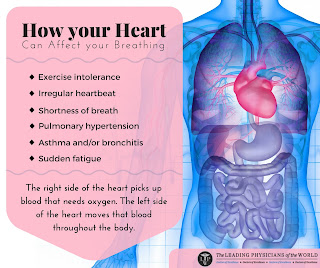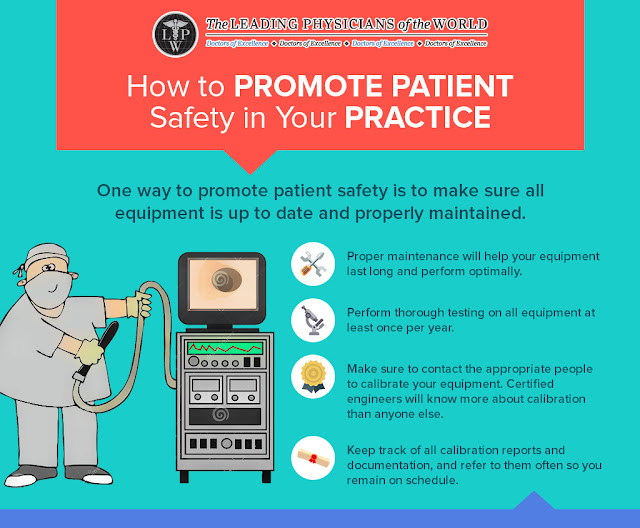How Your Heart Can Affect Your Breathing

You usually breathe in and out a thousand times a day and hardly give it a thought until you have breathing problems. It is important for you to know that breathing problems can be as a result of heart and lung conditions. However, to understand it better it is vitally important to know the connection of heart and breathing. Connection of heart and breathing Your lungs and heart are involved in the transport of oxygen to body tissues and removal of carbon (IV) oxide, and problems with either your heart or lungs can affect your breathing. Your blood from body tissues passes through your heart where it is pumped to the lungs for oxygenation and excretion of carbon (IV) oxide (pulmonary loop). Oxygenated blood is then brought to the heart so as it is pumped to the rest of the body (Systemic loop). Heart Conditions that Affect Breathing Below are some heart problems that may affect your breathing: 1. Respiratory/Cardiac Arrest If the functioni...

